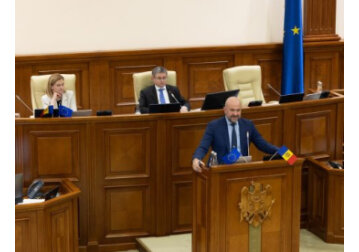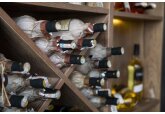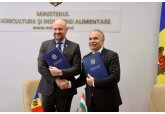
Agricultural Chambers to be set up in Moldova to represent farmers’ interests.
This is stipulated by the draft law on the organization and functioning of Agricultural Chambers, passed by the Parliament in the first reading. According to the document, Agricultural Chambers of are consultative organizations, through which a dialogue will be held between farmers and the state authorities competent in the agricultural sector, as well as between other central and local public administration authorities in their fields of competence. At the same time, Agricultural Chambers will provide farmers with access to necessary resources and information, including training programs and financing, facilitating the exchange of knowledge and experience among members. Agricultural Chambers will be formed at two levels: 10 regional Agricultural Chambers and the National Agricultural Chamber. Membership in an Agricultural Chamber is open to farmers who own, hold and use at least 2 hectares of arable farmland; or at least 1 hectare of perennial crops or open field vegetables; or at least 0.1 hectares of vegetables on protected land; or a number of animals for non-professional farms exceeding the number stipulated in the Law on Veterinary and Sanitary Activities. A farmer can be a member of only one regional Agricultural Chamber. The activities of the Agricultural Chambers will be financed from membership fees, from paid consulting and/or facilitation services provided, from donations or sponsorships, and from other legitimate sources. The model of organization of Agricultural Chambers in Moldova will be hybrid. On the one hand, the state, through the Ministry of Agriculture and Food Industry, will facilitate the process of creation and institutionalization of regional agricultural chambers, and on the other hand, agricultural chambers will have full autonomy in their activities. The Draft Law on the Organization and Functioning of Agricultural Chambers was developed by the Ministry of Agriculture and Food Industry with technical support from the USAID-funded Rural Competitiveness and Resilience Activity. The document will be finalized after consultations with agrarians and will be considered by Parliament in the second reading. // 26.04.2024 - InfoMarket.







